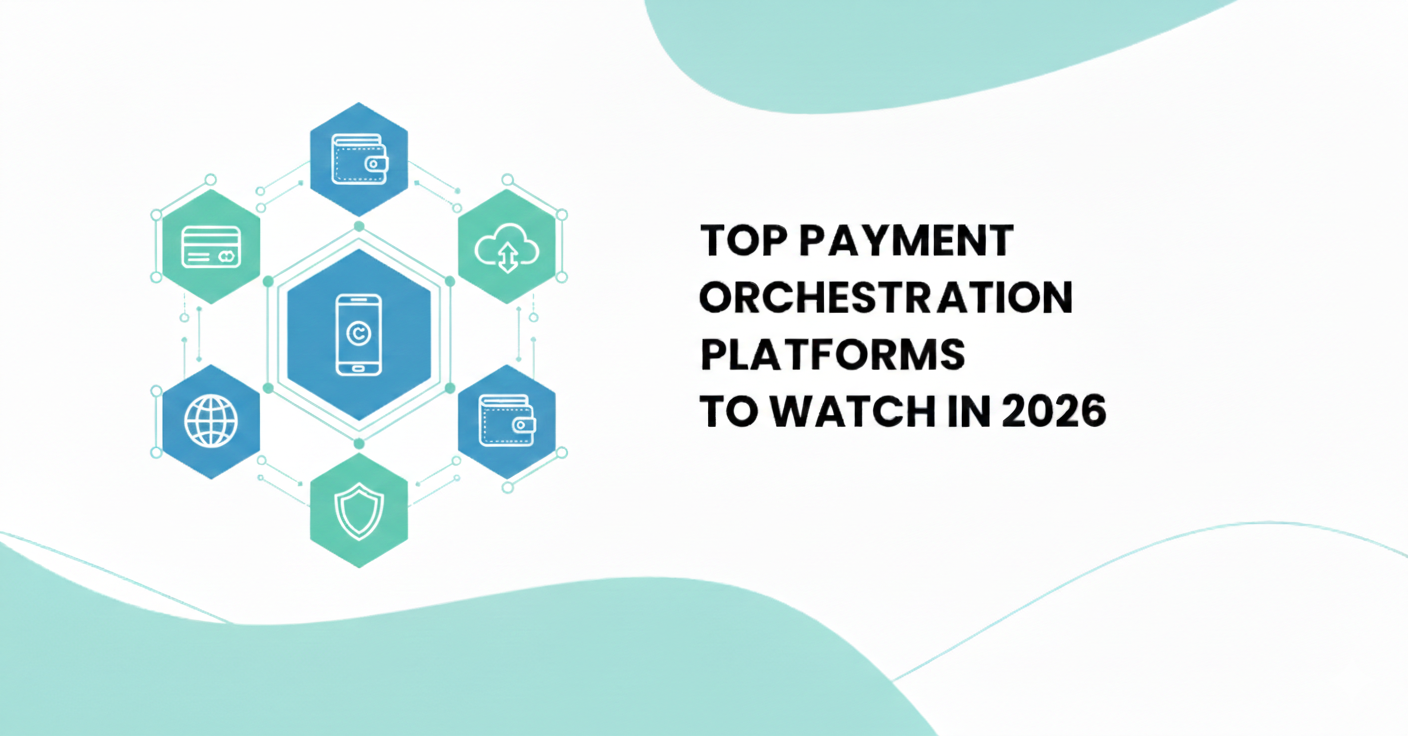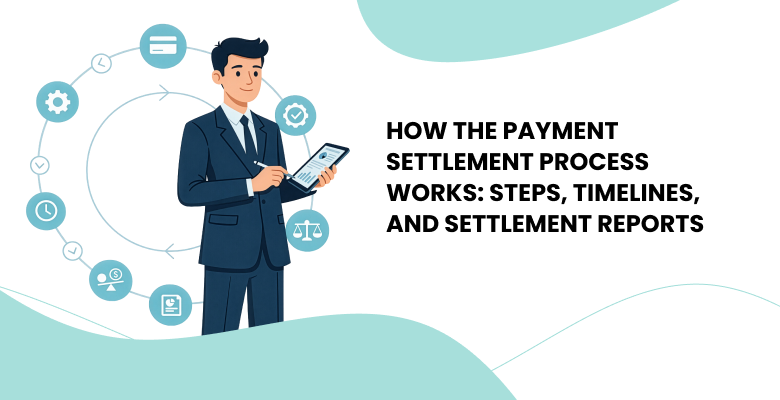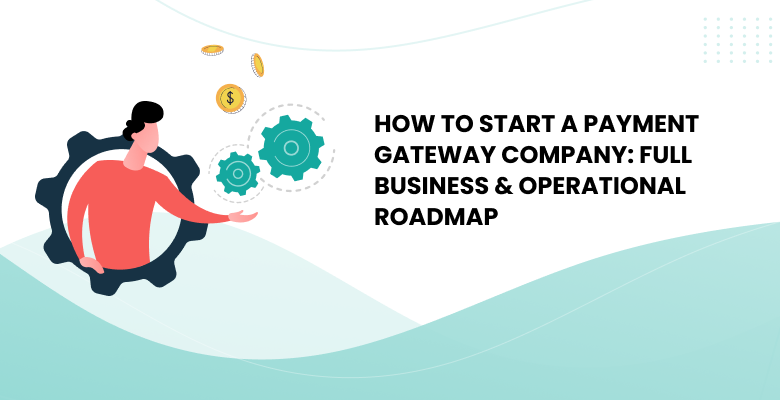SagePay (also known as Opayo) is a banking transaction processing service for online payments on the site, as well as payments by terminal and telephone. In 2020, SagePay became part of Elavon and US Bank, rebranded as Opayo. From that moment on, the company began to serve Germany, Spain, South Africa and the USA, but still remains the best solution for the UK and Ireland, which is trusted by the maximum number of users and stores in the region.
Advantages of the Service
Opayo is a gateway service that can be installed on both websites and bank terminals and is also used for secure phone payments. This omnichannel solution is particularly suitable for e-commerce entities with physical stores. Notably, it isn’t a virtual wallet/merchant account like PayPal, although it offers such a service. Typically, the funds are transferred directly from the buyer’s bank account to yours, regardless of the bank servicing your business.
Opayo adheres to the stringent data protection standards set by the international Payment Services Directive (PSD2). This is a Regulatory Technical Standard (RTS) for Strong Customer Authentication (SCA). According to this standard, for a payment to be processed, at least two of the three identification criteria must be met. These include something the client knows (like a pin code or password), something they possess (like a personal smartphone), and a unique attribute such as a fingerprint or facial biometrics. In 90% of instances, customers won’t even realize that authentication has taken place, especially if their smartphones automatically initiate FaceID or its equivalent. For the remainder, a code from an SMS, push notification, or email will suffice. Some systems, like PayPal, are slightly less stringent, while others, such as Amazon PAY, handle authorization on their end, which isn’t always ideal.
Opayo (formerly SagePay) is somewhat more challenging to integrate and set up than other payment systems, mainly because of its elevated data protection standards. All information sent and received by Opayo is securely encrypted to prevent disruptions in the transaction process, such as price alterations. Simultaneously, it offers nearly limitless options for customizing the client process. Payment pages can be tailored to your preference, whether on your website or on the brand-specific page within the Opayo platform.
Utilizing Opayo is more cost-effective than integrating payments through various banks’ APIs and PayPal. The average transaction fee stands at 2%, and though there’s a monthly subscription starting from 25 GBP, in exchange, you gain access to user-friendly transaction management tools. Furthermore, funds are credited to your account no later than one day post-payment.
How to Join
Initiating your journey with Opayo, a distinguished payment platform, starts by visiting their main website. Before diving in, familiarize yourself with the spectrum of services and offerings tailored to various business scales, from startups to large corporations. To initiate, navigate to their sign-up or registration section. Based on your findings and business requirements, select the most appropriate payment gateway package that aligns with both your needs and budget. After registering, you’ll proceed to integrate your system. Opayo simplifies this with integration solutions for several e-commerce platforms, such as WooCommerce, Magento, and Shopify. For transaction security, verifying that your website supports SSL (https://) is vital. Before fully deploying your platform, it’s wise to run trial transactions in Opayo’s testing environment to confirm system robustness. After verifying the robustness of your system, you can move to the operational stage for authentic transactions. Additionally, it’s crucial to stay informed about vital regulations such as the Payment Card Industry Data Security Standard (PCI DSS). Regularly updating your platform to match Opayo’s most recent features and safety measures ensures sustained effectiveness.











